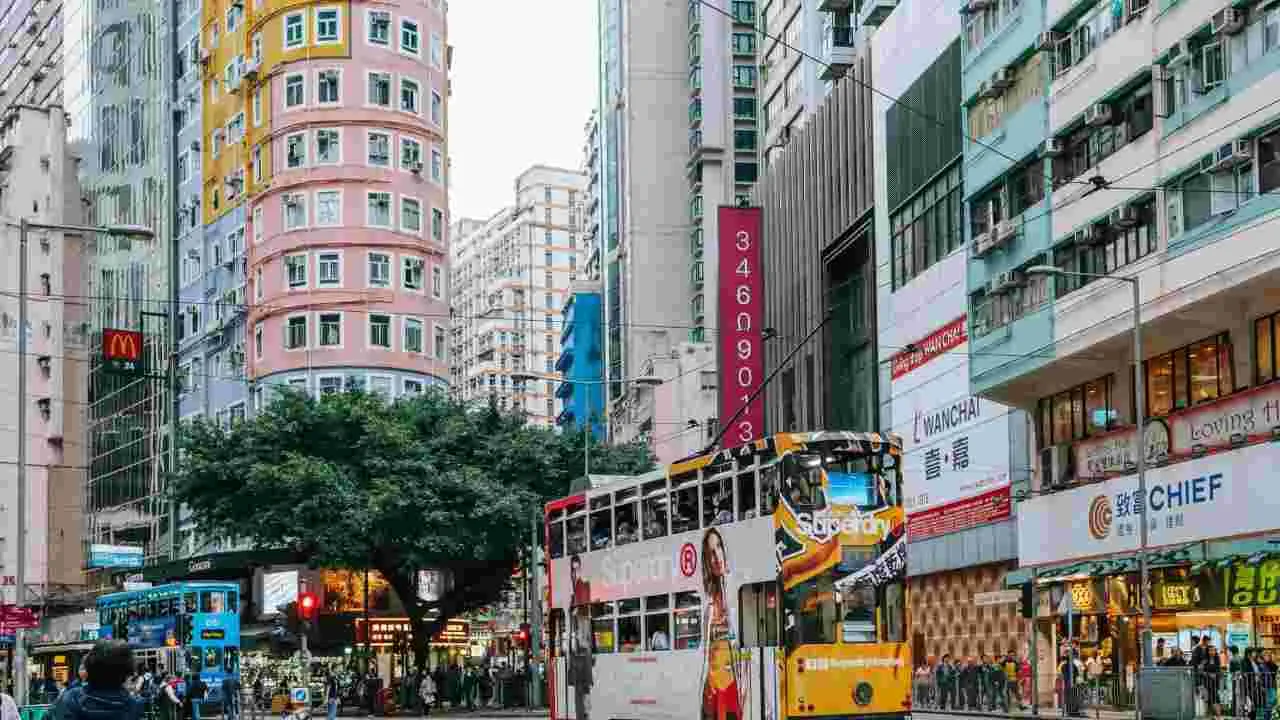As the world cautiously readjusts to a post-pandemic reality, several Asian countries are facing a new wave of COVID-19 infections, prompting regional health authorities to issue urgent warnings. Hong Kong, Singapore, mainland China, and Thailand are all witnessing rising case numbers, hospitalisations, and localised outbreaks — a stark reminder that the virus remains a persistent threat even as many hoped it had subsided.

Hong Kong Experiences Sharp COVID-19 Spike
Hong Kong is currently grappling with a "quite high" level of COVID-19 activity, according to Albert Au, head of the Communicable Disease Branch at the city’s Centre for Health Protection. This surge is evidenced by:
-
The highest percentage of respiratory samples testing positive for COVID-19 in a year.
-
A concerning increase in severe cases and deaths, with 31 fatalities reported in the week ending May 3, marking the highest weekly death toll in nearly 12 months.
-
Indicators of widespread community transmission include rising viral loads detected in sewage systems.
-
An increase in COVID-19-related medical consultations and hospital admissions.
Despite the surge not yet reaching the peak infection levels seen during the pandemic’s height, these signals underscore active transmission in a densely populated city of over 7 million people.
Impact on Public Figures and Events
The renewed outbreak has had real-world consequences on public events and personalities. Hong Kong singer Eason Chan, for example, tested positive for COVID-19 and consequently cancelled his scheduled concerts in Kaohsiung, Taiwan. His diagnosis, confirmed via an announcement on the official concert Weibo account, highlights how even high-profile individuals remain vulnerable to infection.

Singapore on High Alert Amid Rising Cases
Singapore has reported a significant rise in COVID-19 infections, with the Ministry of Health disclosing its first update on infection numbers in nearly a year. Key developments include:
-
A 28% increase in estimated COVID-19 cases, reaching 14,200 in the week ending May 3, compared to the previous seven days.
-
Hospital admissions increased by approximately 30% during the same period.
While waning population immunity is thought to contribute to the surge, Singapore’s health ministry emphasised that there is no current evidence that the circulating variants are more infectious or cause more severe illness than earlier waves.
Despite this, Singaporean authorities continue to exercise caution by issuing public warnings and advising hospitals to prepare for potential increases in patient load.
China Preparing for a Potential Major Summer Surge
Mainland China is also facing signs of an imminent COVID-19 wave, mirroring patterns observed during the previous summer peak. The Chinese Centre for Disease Control and Prevention reported that:
-
COVID-19 test positivity rates among patients seeking diagnosis at hospitals more than doubled in the five weeks leading up to May 4.
-
This trend suggests a trajectory similar to last summer’s surge, indicating that a major wave may already be underway.
These developments have prompted Chinese health authorities to prepare for the possibility of increased cases and hospitalisations during the upcoming summer months.
Thailand Reports Cluster Outbreaks Following Songkran Festival
Thailand’s Department of Disease Control has identified two new COVID-19 cluster outbreaks in 2025. These clusters followed the Songkran festival in April, a traditional period characterised by mass gatherings and widespread travel. The recent spike in cases underscores the risks associated with large social events and the ongoing vulnerability of populations despite vaccination efforts.
Why This COVID-19 Resurgence Is Worrisome
This latest resurgence across Asia raises several concerns:
-
Seasonality Defiance: Unlike many respiratory viruses that typically spike during colder months, COVID-19 is demonstrating its ability to spread widely even as the Northern Hemisphere moves into summer. This defies usual seasonal expectations and suggests that the virus can cause significant outbreaks year-round.
-
Waning Immunity: The decline in population immunity, either due to fading vaccine protection or natural immunity, may be enabling the virus to find more susceptible hosts.
-
Potential for Severe Outcomes: The rising number of severe cases and deaths, particularly in Hong Kong, indicates that the virus can still cause significant health impacts despite the availability of vaccines and treatments.
What This Means for the Region
With multiple countries reporting increased cases and hospitalisations, Asian health authorities are urging the public to:
-
Remain vigilant and observe recommended safety measures, such as wearing masks in crowded places.
-
Stay updated on the latest vaccination and booster shot guidelines.
-
Monitor health advisories closely and seek prompt medical attention if COVID-19 symptoms appear.
The new wave serves as a clear reminder that the pandemic is not yet over and that sustained public health vigilance remains essential to minimising COVID-19’s impact.
Summary of Key Points
-
Hong Kong reports its highest COVID-19 positivity and death rates in a year, with 31 deaths in one week.
-
Singapore experiences a 28% rise in cases and a 30% increase in hospitalisations, though no new variants are deemed more severe.
-
Mainland China’s test positivity rate among hospital patients has more than doubled, signalling a possible major summer surge.
-
Thailand sees two cluster outbreaks after the April Songkran festival.
-
COVID-19’s ability to cause significant waves in warm weather challenges traditional seasonal virus patterns.
-
Authorities across Asia emphasise ongoing vigilance, vaccination, and adherence to safety protocols.
The resurgence of COVID-19 in these key Asian hubs underscores the ongoing challenge posed by the virus. Governments and citizens alike must remain alert and proactive to prevent further spread and mitigate severe health consequences.
With inputs from agencies
Image Source: Multiple agencies
© Copyright 2025. All Rights Reserved Powered by Vygr Media.


















